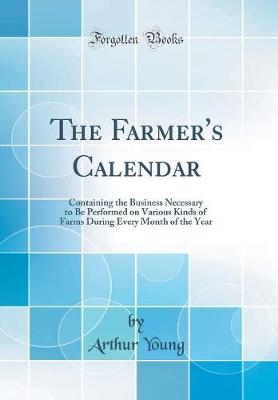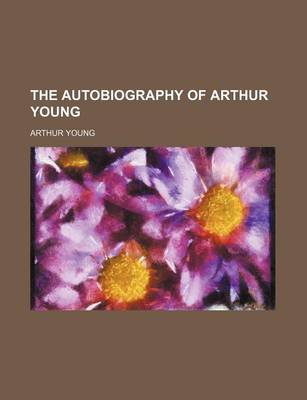Cambridge Library Collection - British & Irish History, 17th & 18th Centuries
2 total works
A prolific writer, farmer, and secretary to the Board of Agriculture, in the closing decades of the eighteenth century Arthur Young (1741-1820) encouraged a generation of farmers to embrace new agricultural technologies. Books deriving from his tours of Britain, examining in detail the agricultural practice of various parts of the country, were immediately successful and remain a valuable historical resource. In 1771 Young produced the first edition of his Farmer's Calendar. Another overnight success, his well-informed and accessible timetable of the farming year went through ten editions in the author's own lifetime. Arranged by month, the chapters provide a valuable account of British arable and livestock farming at the height of the Agrarian Revolution. This edition, from 1804, contains additional notes on agricultural improvements developed in the decades since the book's original publication, as well as a substantial appendix containing clear explanations and practical advice that remain of great interest today.
Arthur Young (1741-1820) was one of the most important agriculturalists and social commentators of the eighteenth century. The account of his journeys around France (1787-9), also published in this series, remains a vital source for understanding the conditions of rural France on the cusp of revolution. The reports produced on agriculture in the English counties when he was Secretary to the Board of Agriculture from 1793 remain valuable historical sources of farming practices at the end of the eighteenth century. In later life, under the influence of his friend William Wilberforce, he became increasingly concerned at the effects of population growth and rising prices upon the rural poor in Britain. These memoirs, published in 1898, are of 'an untiring experimentalist and dreamer of economic dreams ... a brilliant man of society and the world', and they give detail to 'a life singularly interesting and singularly sad'.

